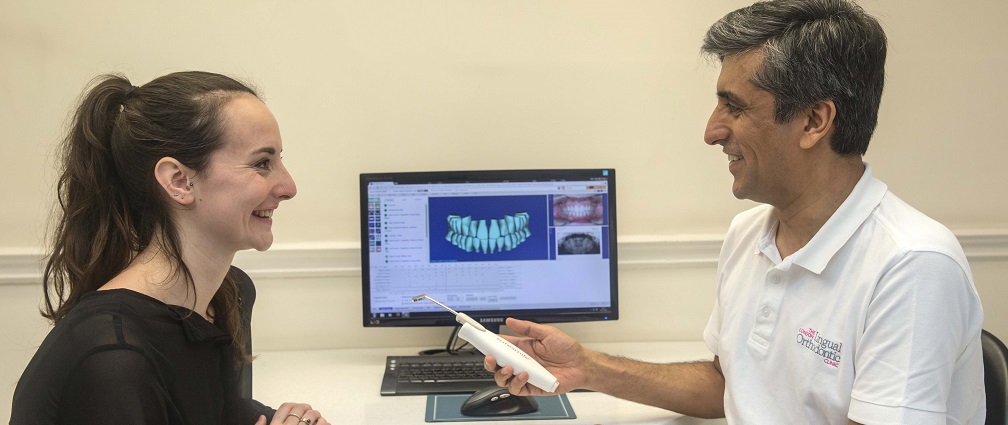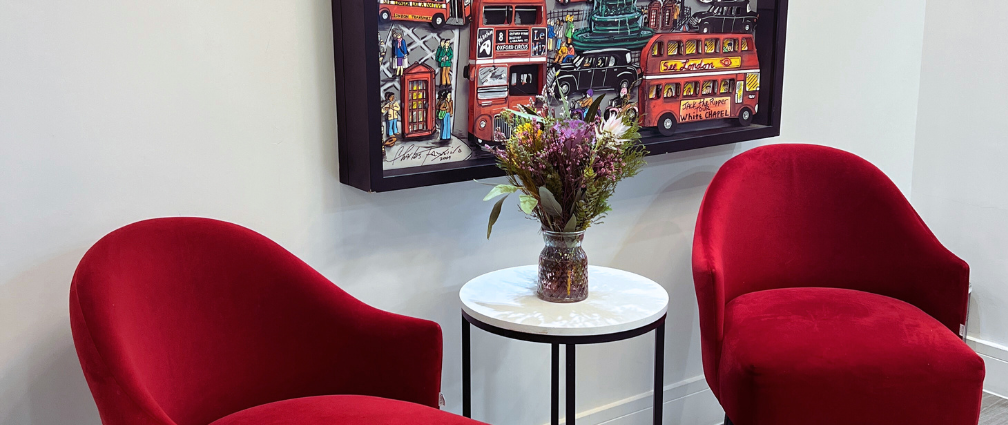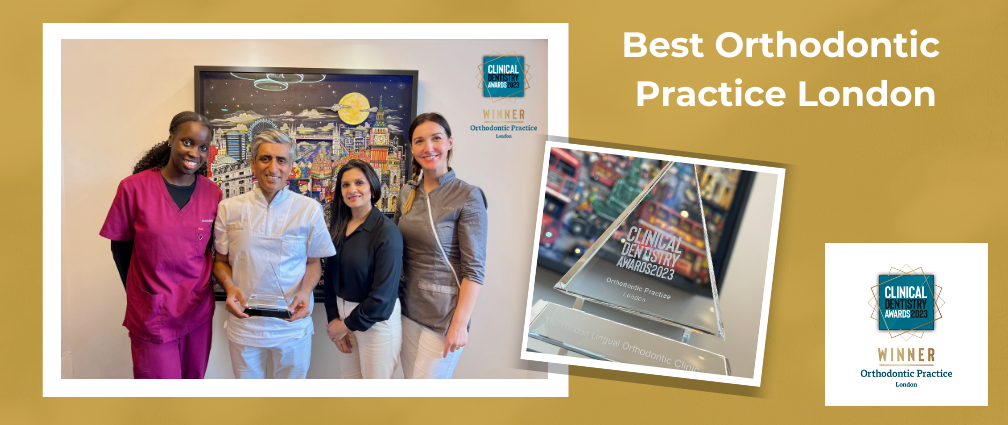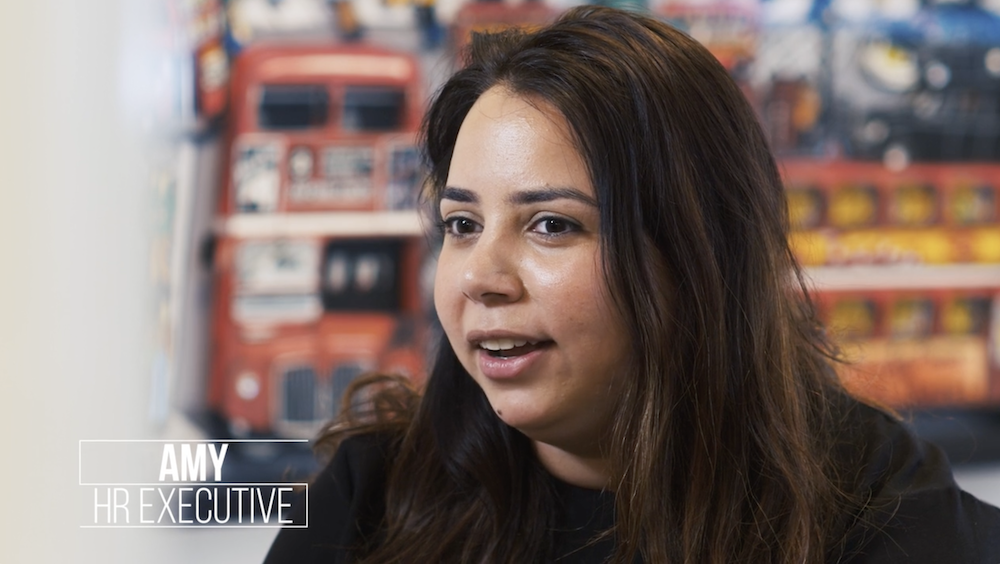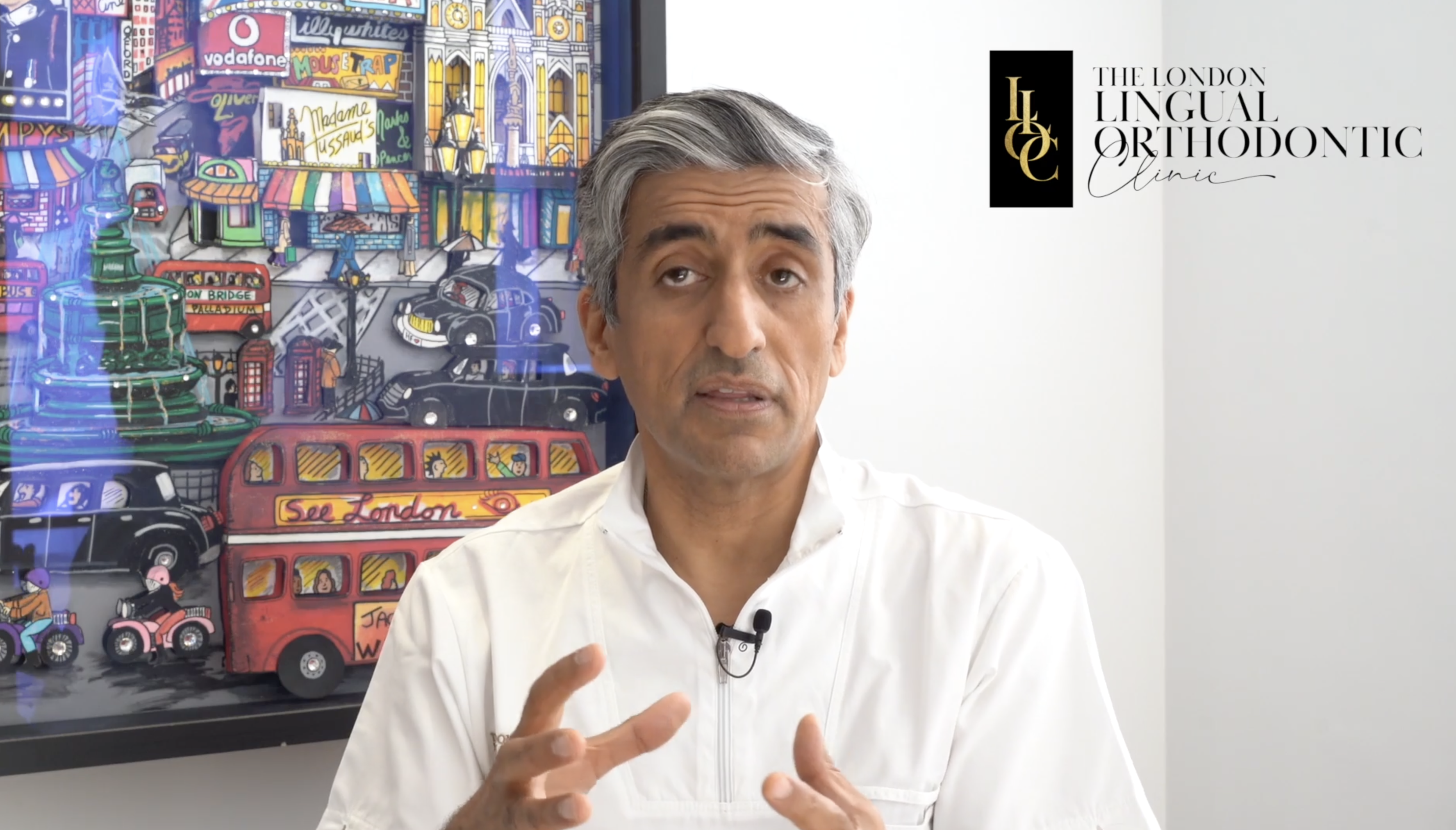Most of us have a strong sense of self-reliance when it comes to fact-finding these days. A few years back, if you wanted to find out about orthodontic treatment, you would either consult your dentist and ask them to make a referral or you would find the Yellow Pages (remember those big directories with business listings?!) and make a few phone calls. Whatever you did, you would speak to someone, possibly several people, to get opinions. Today, all you need to do is go online, type some words into your search engine and you will find pages and pages of information.
We see the results of this activity in our digital analytics tools. The words ‘lingual braces’ and ‘orthodontist London’ are typed into Google thousands of times a day.
My point is, in order to make your mind up about orthodontic treatment, you can view websites and social media posts and get lots of information. On the plus side, this is very convenient. On the negative side, not all of the information is helpful and patients become prey to sophisticated marketing tactics. While dental and medical professionals have a duty to put patients’ interests first, advertisers are unlikely to!
One of the developments we have seen is in the concept of aligners by post. How do they work? First you send over photographs of your teeth to assess you for suitability. Then a kit is sent to you with everything you need to make your own aligners. These aligners – like mouthguards – are fabricated from moulds that you make of your teeth. You put the moulds in the post and then you will be sent a set of aligners which you change every week or two until your teeth are straightened.
But at no point do you have a face-to-face consultation with someone who is appropriately qualified. So if you have a problem like impacted canines, a malfunctioning bite, oral cancer or gum disease, this may not get picked up. I hope the inherent risks are obvious!
In the UK, the British Orthodontic Society and the Oral Health Foundation have jointly created a campaign to raise awareness of the risks.
In the United States, the American Association of Orthodontists warns against DIY treatment of a different kind – when patients try and move teeth with elastic bands. They share the story of a young boy who lost his two front teeth with this approach.
In California, the dental association is overseeing a law to protect patients from this approach to treatment. We cannot turn back the clock and get rid of the internet and who would want to anyway? We just have to get better at recognizing what’s in our best interests. Anyone can claim to offer orthodontic treatment but not everyone can undertake a dental degree followed by several more years of training to become an orthodontist.
How can you compare a treatment found on the internet which involves no face-to-face communication with a specialist with all the benefits of going to a clinic and seeing someone who is responsible for your care and well-being ? There is no contest.


